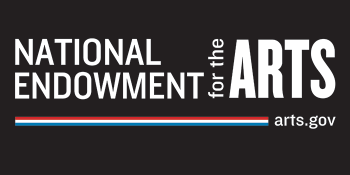In four Grand Rapids neighborhoods (Baxter, Garfield Park, Eastown, SECA) there are residents looking at the partnership between household vegetable gardens and the urban community. An organization facilitating this unique pairing is Our Kitchen Table.
OKT is a women’s advocacy group that “helps everyday residents understand the power of neighbor to neighbor relations. [The organization] brings neighbors together to talk about and strategize around community issues.” The driving force behind OKT’s advocacy programs come about by going door to door and talking with neighbors to understand and determine the needs of the community from the community’s perspective.
A recent initiative called, A Sense of Place: A Food Diversity Project, started after a door to door survey revealed that residents were interested in growing vegetable gardens in their own backyards and willing to receive training to do so. The project is open to people who are currently gardening but will also concentrate on the at-risk households OKT is committed to serving.
“Food is a common—it is a right,” asserts Lisa Oliver-King, OKT group leader. “When we begin to attach labels like affordability to [food], it makes it inaccessible to a majority of the people who are struggling around food or their ability to just have access to healthy food.” The Food Diversity Project is designed to empower residents and communities with a knowledge base to impact the local, urban food system. Its broader vision is to also encourage systemic change in our urban neighborhoods through the development of health and environmental awareness along with civic participation.
As the first year of the project takes shape, OKT has outlined goals and specific outcomes: Recruit 10 new gardeners from each of the four neighborhoods—40 total; Create 2 specialty gardens in the same targeted areas—8 total, for example a garden may focus on the production of folic acid, a necessary supplement for pregnant women; And finally, present gardening workshops. The first year will also educate participants in public policy and local history—vital aspects towards creating a sense of place.
To learn more about Our Kitchen Table and the Food Diversity Project visit them on the web at www.oktable.org or on Facebook
The Rapidian, a program of the 501(c)3 nonprofit Community Media Center, relies on the community’s support to help cover the cost of training reporters and publishing content.
We need your help.
If each of our readers and content creators who values this community platform help support its creation and maintenance, The Rapidian can continue to educate and facilitate a conversation around issues for years to come.
Please support The Rapidian and make a contribution today.
